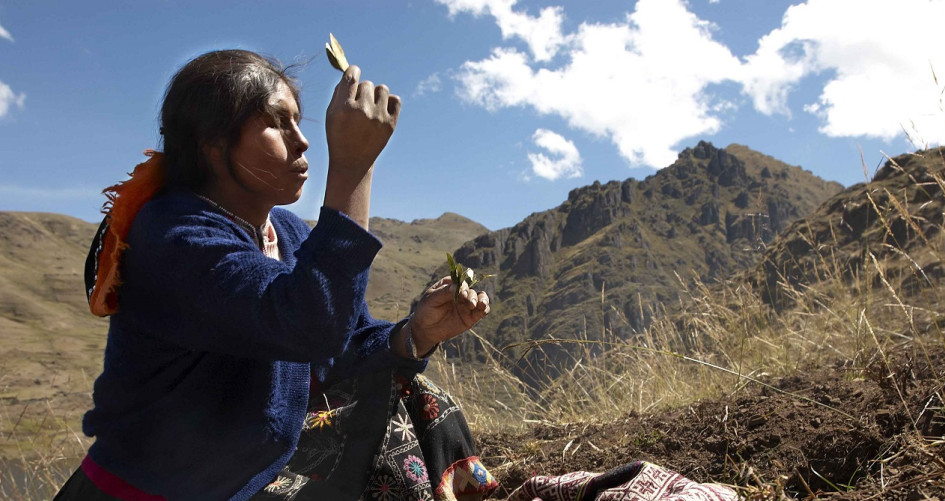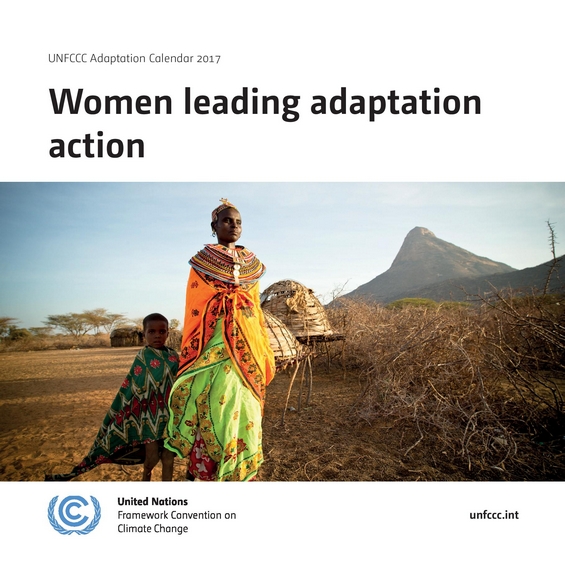
This is the cover photo of the UNFCCC Adaptation Calendar 2018: Fostered by Six Quechua communities of Pisaq in the Sacred Valley of Peru, the Potato Park (Parque de la Papa) is a conservation initiative where local people manage and protect indigenous genetic resources and traditional knowledge. The Quechua communities of the park are adapting to climate change, through stewarding more varieties of climate-resilient potatoes and changing cultivation practices to higher elevations

This is the cover photo of the UNFCCC Adaptation Calendar 2018: Fostered by Six Quechua communities of Pisaq in the Sacred Valley of Peru, the Potato Park (Parque de la Papa) is a conservation initiative where local people manage and protect indigenous genetic resources and traditional knowledge. The Quechua communities of the park are adapting to climate change, through stewarding more varieties of climate-resilient potatoes and changing cultivation practices to higher elevations
